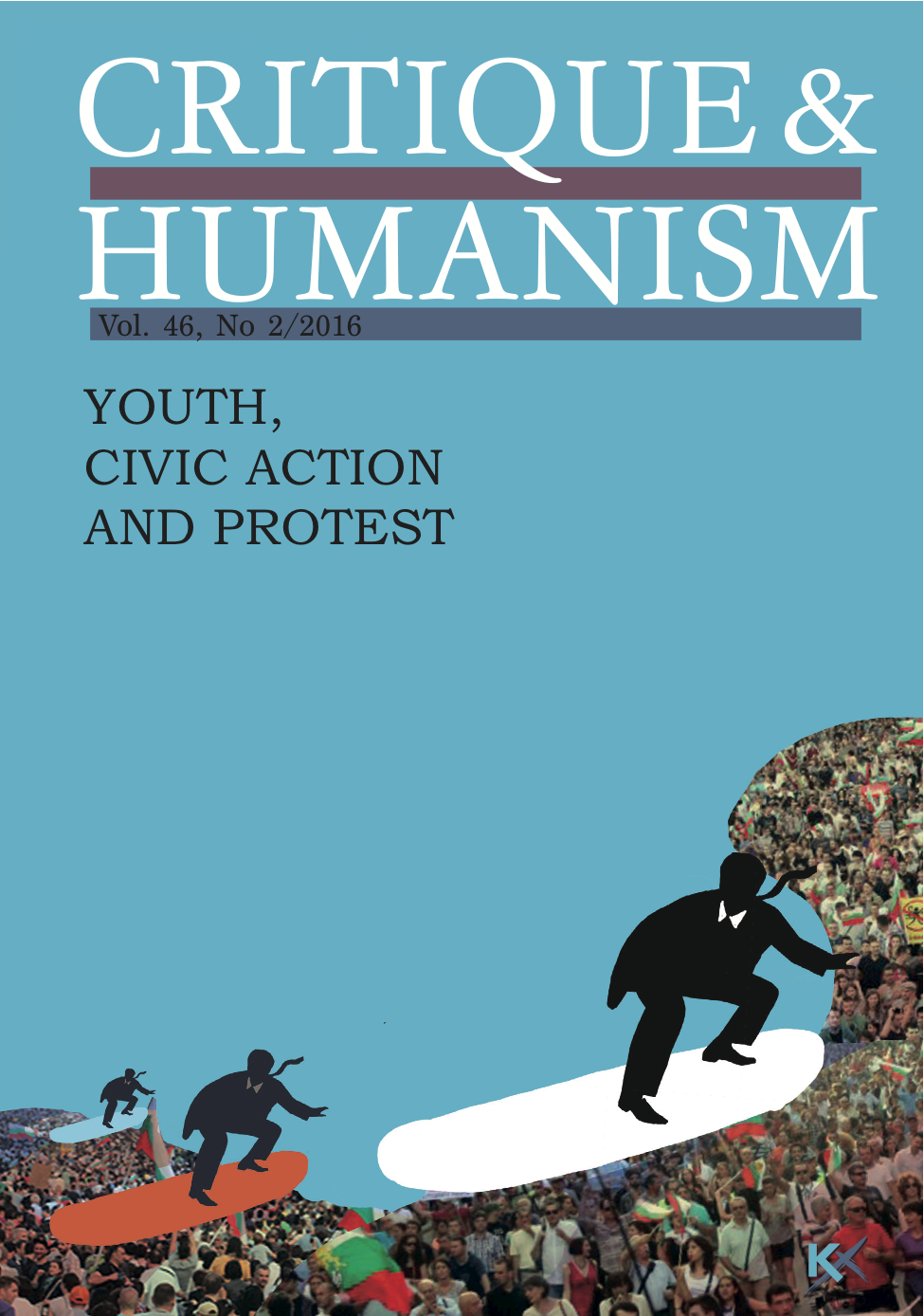Social Movement vs. Social Arrest: The Global Occupations of the 21st Century
Social Movement vs. Social Arrest: The Global Occupations of the 21st Century
Author(s): Mehmet DöşemeciSubject(s): Politics / Political Sciences, Civil Society, Governance, Sociology of Culture, Present Times (2010 - today), Sociology of Politics
Published by: Фондация за хуманитарни и социални изследвания - София
Keywords: democracy; revolution; uprising; social movement; Occupy; Gez; Arab Spring
Summary/Abstract: This article examines the uprisings since 2011 through a global lens. It focuses on a form that has become common to all: the continuous occupation of public space. Beginning in 2011, people from all walks of life came to the central squares of the world’s cities and formed various semi-permanent sites of protest. The article assesses the historical lineage and signifi cance of these public occupations and discusses their impact for our understandings of revolution, democracy, and their interrelation. What happened during these uprisings, how the people who were present took part in them, offers a radically different version of democracy, in theory and practice, from the liberal representative one that has become hegemonic today. This article will underscore how this alternate vision of a democratic society is intimately tied to a new form of contentious politics, one predicated on occupation and arrest rather than movement and dispersal. To do so, it highlights how these prisings have called into question two assumptions common to the liberal understanding of contemporary politics: the association between democracy and representative government; and the association betweensocial struggle and the category of movement. In this context, the article challenges the continued use of the term social movement to defi ne contentious political struggle in the 21st century and makes the case for a theory and practice of social arrest. It argues that a politics of social arrest has come to defi ne the global occupations of public space since 2011, a politics that has turned these spaces into immanent sites of democratic self-institution.
Journal: Критика и хуманизъм
- Issue Year: 2016
- Issue No: 46
- Page Range: 191-210
- Page Count: 20
- Language: English
- Content File-PDF

